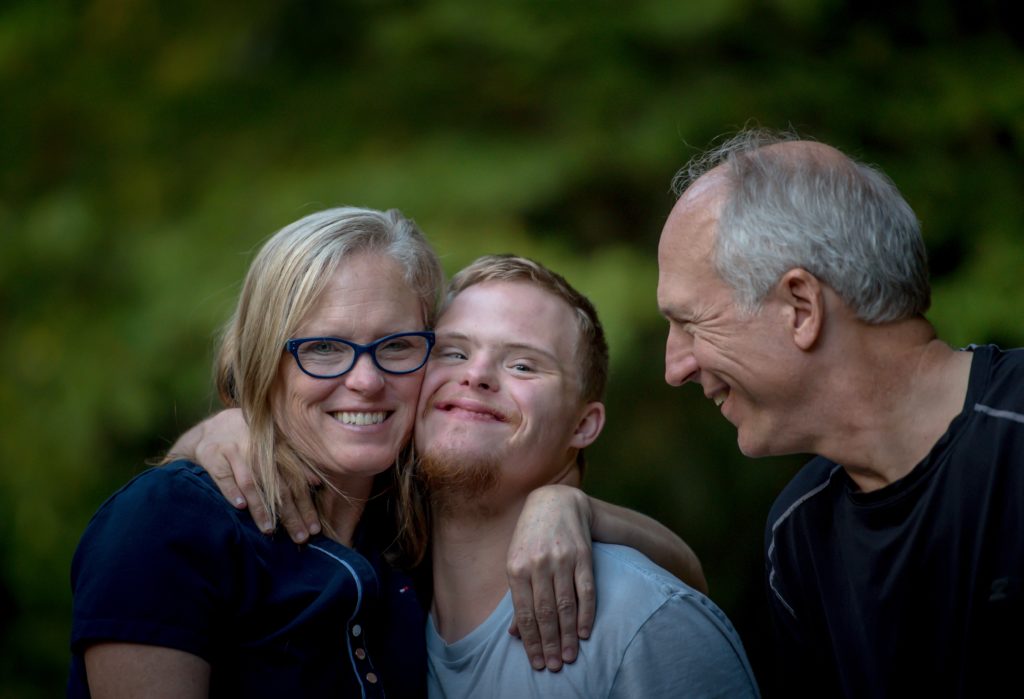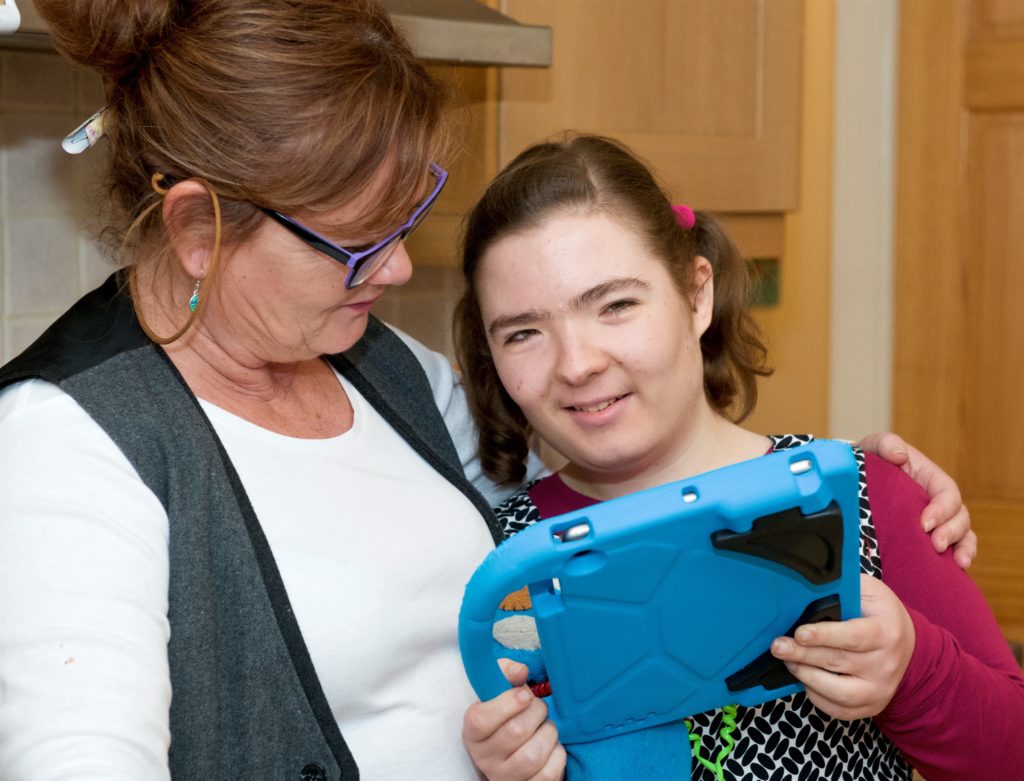Equality legislation and rights
This advice applies in Scotland only.
The Equality Act in Scotland protects disabled people from discrimination at work, in education, and services.
In this article
The Equality Act
The Equality Act protects disabled people from discrimination at work, in education, when accessing public and private services, goods and facilities, and when renting or buying a home.
Employers, education providers and providers of services, goods and facilities must ensure disabled people are not at a significant disadvantage compared to non-disabled people.
This also applies to volunteering, work experience or unpaid internships.
At work, employers must make ‘reasonable adjustments’ to support a disabled person to carry out their job. They must not treat them less favourably than non-disabled people, whether intentionally or not. In practice, this could mean providing flexible working hours, allowing extra time off for medical appointments, or allowing someone to work from home.
The Equality & Human Rights Commission enforce the Equality Act. They have information, advice, resources and guides on their website. Anyone can contact them if they think someone isn’t upholding their duties under the Act.
Disclosing a disability or health condition
No one has to tell an employer they have a disability unless there’s a specific health and safety concern, for example operating hazardous machinery. Many people worry that an employer won’t offer them a job if they say they are disabled.
The difficulty is that unless someone is open, they can’t ask for support or adjustments in the workplace. This may make it harder for them to do the job effectively. An employer can’t be held responsible if they didn’t know the employee was disabled.
Openness is a personal decision. It’s illegal for employers to ask about health, disability and previous illness in application forms, unless it is essential to ensure a role can be carried out safely.
Equal Opportunities Forms
These may be included in a job application pack, and ask if someone is disabled. This is legal as the form is completely optional and anonymous, and people appointing staff won’t see the answers.
Interviews
If someone needs an adjustment to attend an interview – for example a sign language interpreter or a wheelchair accessible room – they must let the employer know in advance so they can make preparations. An employer should not ask about any impairment during the interview, even if it’s apparent. It is up to the interviewee if they want to discuss it or disclose any further details at this point.
After a job offer
Once someone has been offered a job, they could contact their new employer to let them know they are disabled, and discuss support and adjustments. It’s OK to involve a job/work coach or advocate if that is helpful. An employer does not have to meet all requests, but they can only reject them if the requests aren’t ‘reasonable’. Lead Scotland’s guide to the Equality Act gives more information about what can be considered ‘reasonable’.
Related information

Getting a job
There are lots of opportunities available, along with support to help develop confidence and skills in preparation for work. With the right…
Read more
Support into work
Find services and programmes in Scotland that help disabled young people build skills, gain confidence, and access employment opportunities.
Read more
Learning & job opportunities
Disabled young people can develop skills through education, training or work. Take time to plan, explore options, and find the right support.
Read more
Talking about Tomorrow
The key topics to think about as your child moves into adulthood.